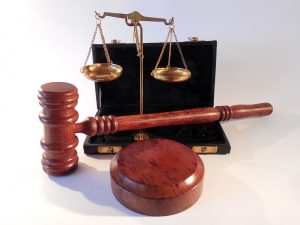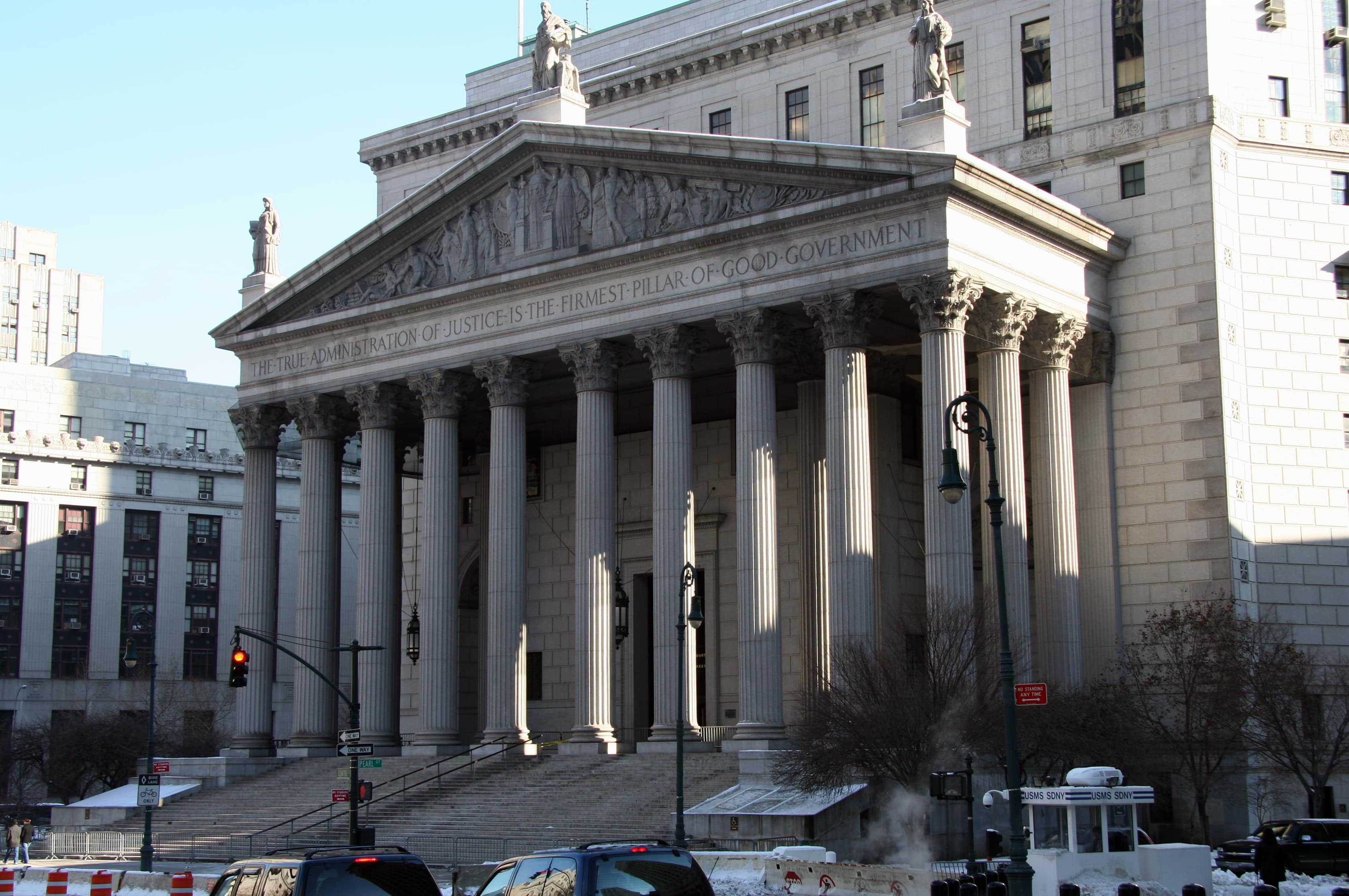
There are a lot of reasons why a person might want to appeal a NYC traffic court conviction. Some people pay a ticket not realizing the possible consequences. Others may not have realized how many points were already on their license and/or how many were associated with the charges. Others plead guilty in court and are surprised by the extremity of the punishment the judge issues.
Regardless of the reason, if a driver wants to attempt to overturn a NYC traffic court conviction—whether it is a trial ruling, or simply the conviction that one accepts when one pays a traffic ticket—he/she will have to go through the DMV appeals process. There are very specific criteria that allow a person to win an appeal and the chances of success depend on the details of the case. Here’s what every driver needs to know.
Error in Law or Fact
The most effective way to win an appeal is to show that there was an error by the judge in law or fact. The Appeals Board will generally not open up an appeal for new evidence. Sometimes an error in law or fact means the officer did not present a clear and convincing case. The DMV Appeals Board sits in Albany and reviews the decision made by the judge, so the driver and/or the attorney do not appear in person. It’s all done on papers and the transcript (see below).
In reviewing for mistakes, the appeals board will look to the written law. For example, the statue on red light violations states outright what elements are needed to constitute a violation. The law says specifically that a driver “shall stop at a clearly marked stop line, but if none, then shall stop before entering the crosswalk on the near side of the intersection, or in the event there is no crosswalk, at the point nearest the intersecting roadway where the driver has a view of the approaching traffic on the intersecting roadway before entering the intersection and shall remain standing until an indication to proceed is shown except as provided in paragraph two of this subdivision.”
The officer might say something such as: “I saw the motorist coming down the road and the light turned red. The light was in proper working order. It turns red and I see him at the corner and he’s gone.” That’s not a complete case. He never said where the stopping point is. If the light turns red and the driver is at the corner, that’s not necessarily illegal. A clear case would be if the officer said, “I saw the car was two feet before marked crosswalk when the light turned red and then it went through.” In that case, it is clear where the stopping point was and that the vehicle did not stop there while the light was red.
In a similar example, a case can be made if it isn’t clear the light was in working order. I had a situation years ago involving a traffic light near my house that had shutters on them. Generally, shutters mean the light is not working. This one cop was always bringing cases claiming that the shutters were there so that you can see the light against a glare. These were good cases for an appeal because it was not clear that the light was in working order.
Lack of Clarity in the Law
Cases can also be appealed when the law lacks clarity. One great example is cell phone tickets: what constitutes “use”? Is activating and deactivating considered usage? Dialing would qualify. But what about checking the time? If the driver is talking but is not holding the phone then is the driver “hand’s free”? What if the phone is on the driver’s lap? All these questions are not addressed clearly in the statute, and a case where some of these items can be called into question would make grounds for an appeal.
Another scenario is seat belt restrictions. The law says a person must wear a seat belt but not how. If a person is ticketed because they were not belted in the standard way (i.e. the top part was under the shoulder rather than over) there may be grounds to fight that conviction.
Some people reading this might be thinking, “A seat belt violation is a no-point violation, why appeal that conviction?” Many don’t realize a judge has a lot of authority when it comes to punishments, especially for repeat offenders. If I see someone has five seat belt violations in a short time, I can revoke that person’s license right now.
And that brings up another appeal-worthy scenario: an unreasonable punishment.
Unjust Penalty
Drivers can appeal a penalty that is unfair, unjust or unreasonable, without asking for a complete reversal of the judge’s guilty conviction. As mentioned above, a judge has latitude to issue a suspension or revocation for a half-dozen seat belt violations. But there is an argument to be made that this is unfair in one’s specific case.
I also remember situations where a person hired a terrible lawyer who annoyed the judge to no end. As a result of a case like that, a judge could suspend the client’s driver’s license out of frustration. However, judges shouldn’t punish the client because of the lawyer. A good lawyer reviewing a case like that can see what went wrong and file an appeal on those grounds.
How the Appeals Process Works
Unlike in criminal court, appealing a traffic conviction is not done in front of a judge. A person must pay $10 when filing the appeal. At some point thereafter they will be sent a letter advising them to pay a deposit to the company that will be transcribing the audio recording of the trial (if there was one). Once the transcript arrives the appellant can issue a written argument to support his appeal. This is reviewed along with the evidence presented to the judge. In rare cases, an error on the transcript itself could qualify. For example, a defendant might see a comment attributed to them that is inaccurate.
Finally, the entire trial record and the appeal application are reviewed at the Appeals Board in Albany. If the ruling is in the driver’s favor, then it generally gets dismissed, sometimes modified, or in fewer cases goes back to trial again.
Getting the right lawyer is the key to success. Appeals cases are hard to win, and the best way to win is to be laser focused on the grounds for the appeal. I have heard lawyers who are so sharp and so thorough that there is no room for argument.
An appeal is more likely to be successful if the defendant has a lawyer with him/her during the original trial. That way the lawyer will know more of the details. He/she will have a better sense of what happened the first time around, whether the case is winnable on appeal and, if so, on what grounds.





What can be done when a Trooper issues a failure to stop at a stop sign ticket several hours after the time of the alleged violation based only on a conversation with the driver after investigating a one car accident ... and that Trooper also acts for the State it the position of "prosecutor" and he presents the case to the court with no ADA... and then, during cross-examination admits that he was not present at the time of the alleged violation, did not even know the exact time of the alleged violation, had no witnesses or other evidence ... and then under further cross examination is asked "did you ever ask the driver if he failed to stop for the stop sign?" ... and he says "No." And then he is asked "Do you have ANY evidence to support the allegation that he failed to stop at the stop sign?" ... and he again answers "No."
But even though it was thus adequately proved that there is NO evidence to support the charge ... and so admitted by the Trooper on the record ... the judge (who clearly demonstrates a hostile attitude toward the defendant actin pro se) finds the defendant guilty ... without ANY evidence.
Is this scenario sufficient to support a claim of ERROR IN LAW OR FACT?